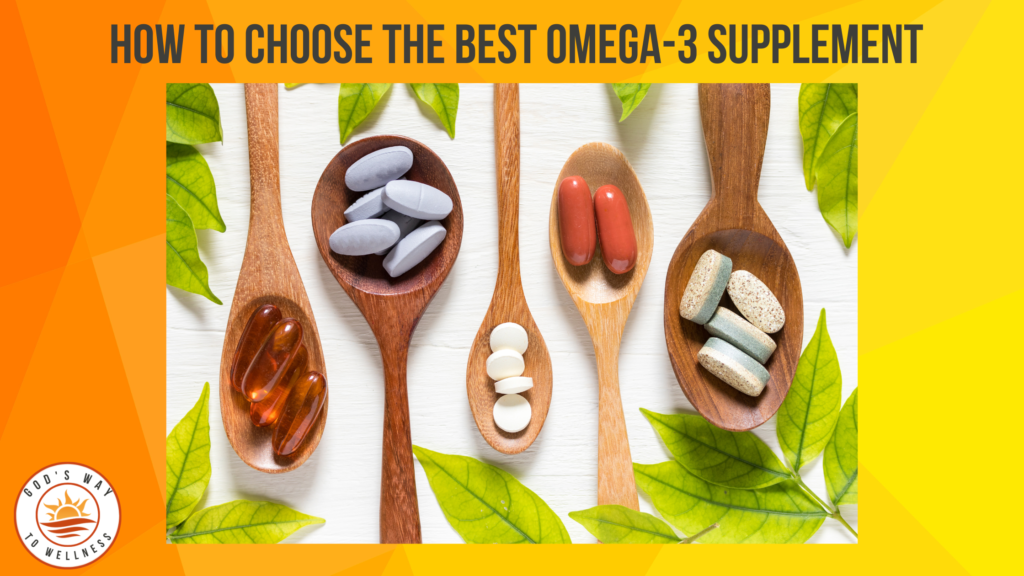For many years, I was on the yo-yo diet. Lose weight, gain it back, repeat the cycle. Eating fewer calories and exercising more to lose weight worked for a while. Then I reached a plateau when no matter what I did, the numbers on the scale stayed the same.
Depression and discouragement set in, so I gave up and found the weight I lost! I never considered the quality of food I ate or how food affected my mood.
How does the food we eat influence our mood? And how can we boost our mood with healthy food?
You are what you eat
The saying, “you are what you eat” originated from a book by pioneer health food advocate Victor Lindlahr in 1940. He promoted a low-carbohydrate diet long before the Atkins or ketogenic diets.
Victor was on to something way back then. There is a superhighway called the vagus nerve connecting the brain to the major internal organs, including the intestinal tract. The trillions of bacteria in our intestinal tract, called the gut microbiome, influence the bidirectional communication between the gut and the brain because the bacteria in our gut eat what we eat.
Therefore, what we eat affects the brain. So we are what we eat, because what we eat determines how we feel.
Exciting scientific research on the gut microbiome confirms Victor’s ideas, even though Frederick J. Stare accused him of nutrition quackery in 1964. (Stare also stated Coca-Cola was “a healthy between-meals snack.”) 😲😲😲
Nutritional Psychiatry
Dr. Uma Naidoo, a Harvard-trained psychiatrist and a chef, wrote a book, This is Your Brain on Food. She explains how food affects our mental health and how our diet can help treat and prevent many psychological and cognitive health issues. Current research reveals complimentary treatments of healthy foods can boost your mood in cases of mild depression and anxiety.
6 pillars of nutritional psychiatry
Here are Dr. Naidoo’s guidelines for food to boost your mood.
- Be whole, eat whole. Remember the 80-20 rule—80% of your diet should be real, whole foods with plenty of fiber because the gut bacteria love fiber. Suggested foods include vegetables, fruits, nuts, seeds, legumes, whole grains, and quality sources of protein such as fish and grass-fed beef.
- Eat the rainbow. Focus on eating different colors of plant foods because densely colored fruits and vegetables contain more phytochemicals, which are the beneficial compounds produced by plants. Make your plate colorful with leafy greens, tomatoes, radishes, eggplant, berries. For more information, check out Dr. Deanna Minich’s website.
- The greener the better. Try to eat 4-6 cups of leafy greens per day. Add spinach or kale to a smoothie for breakfast. Think about a big salad for lunch.
- Tap into your body’s intelligence. Acknowledge how various foods make you feel. If you don’t feel good after eating it, then avoid it. Pay attention to your mental health symptoms after a meal, too.
- Consistency and balance are essential. Restrictive diets, quick fixes, and miracle diets are not sustainable. Practice moderation by following the 80-20 rule. Be flexible. Splurge on our favorite foods on special occasions.
- Avoid anxiety-triggering foods. Certain foods cause chronic inflammation and should be avoided. Examples: refined sugars and flour, processed foods and meats, industrial seed oils such as canola, corn oil, and vegetable oil. Healthy fats include olive oil, avocado oil, coconut oil, MCT oil, and grass-fed butter and ghee.
Conclusion
I gave up the yo-yo diet when I discovered the Daniel Plan, a lifestyle plan based on five essentials—faith, food, fitness, focus, and friends. The Daniel Plan is not a diet. Instead, it revolves around God’s abundance, eating food made by God, not in a factory, and honoring our bodies as God’s temple.
In addition, we now know food made by God boosts our mood too. Don’t you think He planned it that way?
Perhaps processed and inflammatory foods caused my depression when I was on the yo-yo diet. Who is in a good mood when hungry? Not me!
Instead of counting calories and obsessing over the quantity of food, consider the quality of food we eat because eating healthy food boosts your mood.
Wellness is a journey, not a destination. What is one step you will take today to boost your mood with healthy food made by God?
Do you want more information?
We were made to follow Jesus, not diets! Check out my friend Erin Todd’s podcast, Intuitive Eating for Christian Women. Click here to find out more about intuitive eating on her website.
Here is an excellent in-depth article on anxiety and food.
Disclaimer
Any information on this Website is provided for educational purposes only and is not intended as a substitute for the advice provided by a healthcare professional. You should not use the information on this Website for diagnosing or treating a health problem or disease or prescribing any medication or other treatment. You should always speak with a healthcare professional before taking any medication or nutritional, herbal or homeopathic supplement, or adopting any treatment for a health problem. If you have or suspect that you have a medical problem, promptly contact a healthcare professional.



